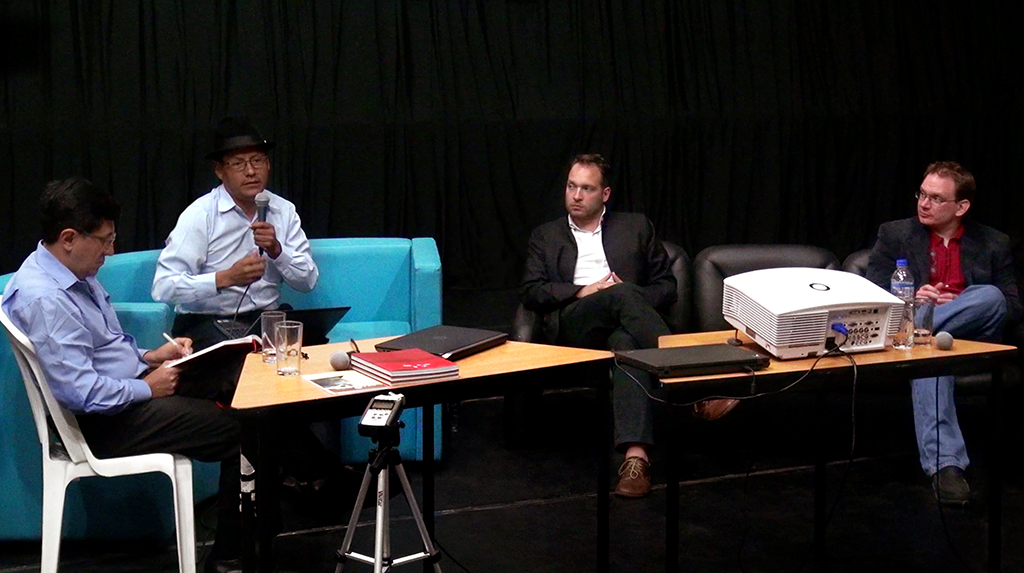[:es]La interculturalidad es uno de los paradigmas que vertebran el buen vivir, constituyendo uno de los principios fundamentales sobre los que se basa el estado ecuatoriano a través del discurso gubernamental y de la sociedad civil como un hito y un referente para la construcción de una nueva propuesta de convivencia ciudadana en algunos casos, sin embargo, se ha escrito más sobre interculturalidad que lo que se ha practicado, reflejando por lo tanto, un desfase entre la teoría de la interculturalidad y la praxis intercultural propiamente dicha en este contexto y que nos conlleva a reflexionar sobre la pregunta de cómo las artes y sus múltiples lenguajes pueden servir para fomentar la praxis intercultural en la sociedad ecuatoriana, con relación existente entre las artes, la interculturalidad, los lenguajes de las artes enlazados a su planteamiento y la nueva concepción de la comunicación intercultural en época de crisis y transformación en América Latina.
[:en]Interculturality is one of the paradigms that support good living, constituting one of the fundamental principles on which the Ecuadorian state is based on through governmental discourse and civil society as a landmark and a reference for the construction of a new proposal of civic coexistence. In some cases, however, more has been written about interculturality than what has been practiced, therefore reflecting a gap between the theory of interculturality and intercultural interaction in reality. . This allows us to reflect on the question of how the arts and its multiple languages can serve to promote interculturality in practice within Ecuadorian society, with an existing relationship between the arts, interculturality and languages of the arts linked to their approach and the new concept of communication Interculturalism in times of crisis and transformation in Latin America.[:fr]Le multiculturalisme est l’un des paradigmes qui sous-tendent le savoir vivre (OU le bien être), ce qui constitue l’un des principes fondamentaux sur lesquels l’Etat équatorien est fondé par le discours du gouvernement et de la société civile comme un jalon et une référence pour la construction de principes d’une nouvelle proposition citoyenne de coexistence dans certains cas. Cependant, il existe plus d’écrits sur le multiculturalisme que ce qui a été pratiqué, reflétant ainsi un écart entre la théorie du multiculturalisme et de la praxis interculturelle appropriée que, dans ce contexte, et cela nous amène à réfléchir à la question de savoir comment les arts et plusieurs langues peuvent servir à promouvoir la praxis interculturelle dans la société équatorienne, en faisant le lien entre les arts, le multiculturalisme, les langue de l’art liées à leur approche et la nouvelle conception de la communication interculturelle en temps de crise et de transformation en Amérique latine.[:]

